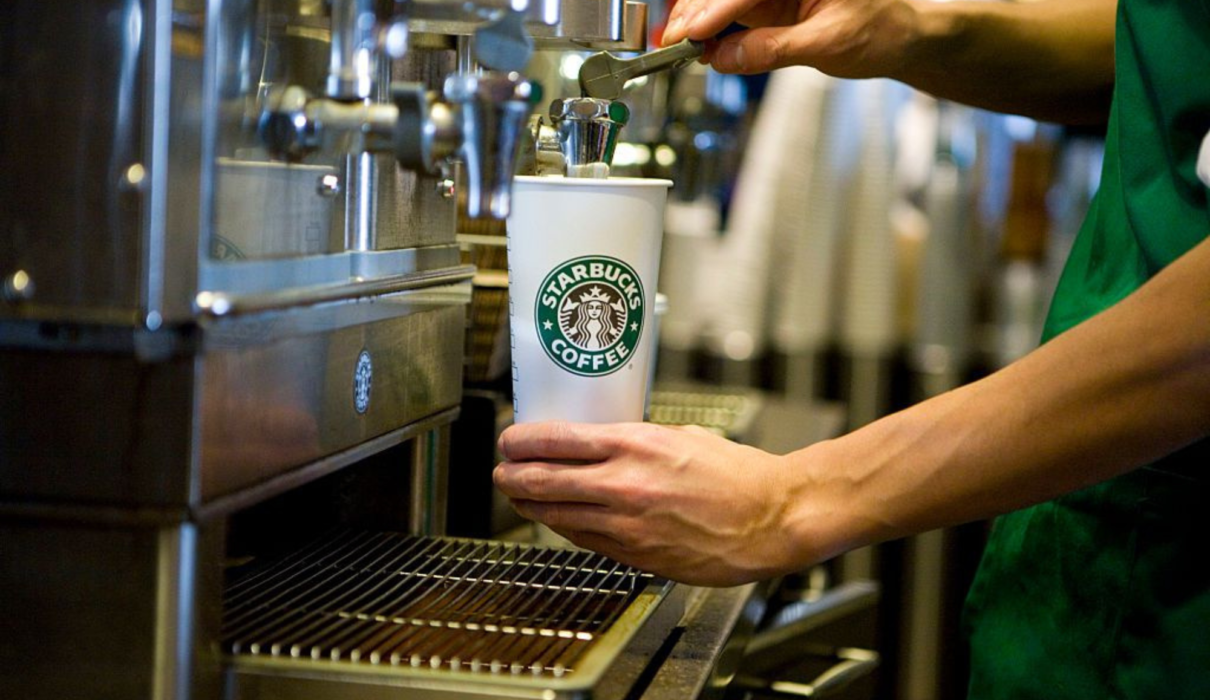A growing number of investors are scrutinizing Starbucks’ lofty valuation as its China business struggles to meet expectations in a rapidly evolving market.
Starbucks’ share of China’s coffee market has plunged from a 2019 peak of approximately 34% to just 14%, as value-conscious consumers increasingly gravitate toward agile, homegrown rivals like Mixue, Luckin, Heytea, and Cotti—many offering drinks under $1. In response, Starbucks recently slashed prices—its first such move in China—yet this has not been enough to reverse declining same-store sales .
With China contributing only about 9% of total revenue and 7% of operating profit, despite housing 7,758 of the company’s global outlets, investor skepticism is mounting. “Starbucks China may be worth several billion dollars,” according to preliminary estimates—far below the implied valuation embedded in the parent company’s near‑$100 billion market cap.
In line with its strategic pivot, Starbucks is now considering a partial divestment of its China division, which has reportedly attracted non-binding bids valuing the business between $6 billion and $10 billion. Interested parties include both domestic and global private equity firms such as Centurium, Hillhouse, Carlyle, and KKR.
Starbucks CEO Brian Niccol affirmed the company’s intent to retain a ‘meaningful stake’ in its China operations, adding that the coffee giant is seeking a local partner to revamp its strategy—potentially replicating McDonald’s successful joint-venture approach in China and Hong Kong.
Investors are keenly watching the upcoming stake sale and subsequent market response. A well-executed partnership may validate Starbucks’ strategy and reduce valuation concerns, while a bungled deal—or continued underperformance in China—could catalyze further downward pressure.

